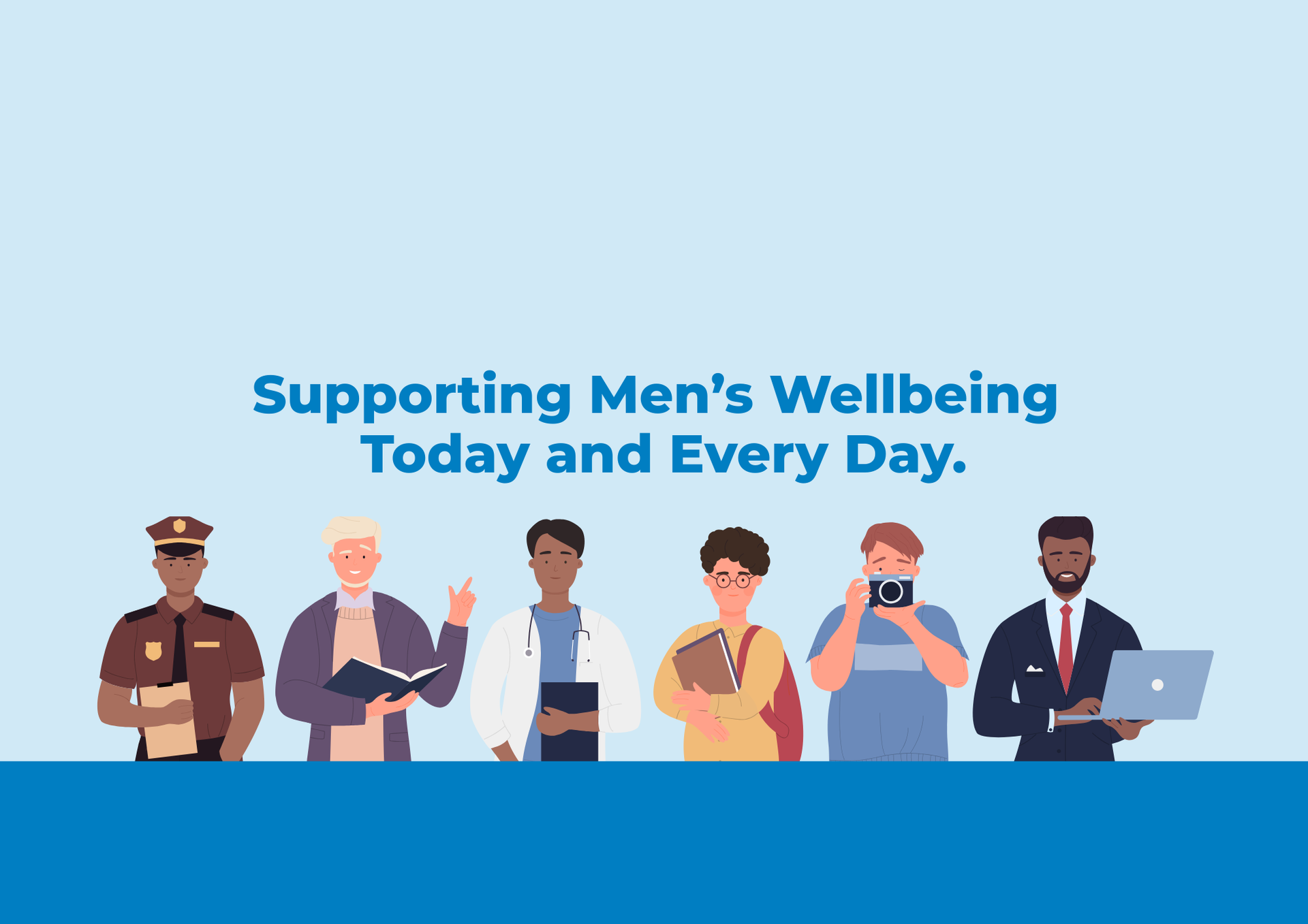Beating the Winter Blues: Embracing Joy in the Chilly Season
June 20, 2023

As winter casts its icy spell upon us, it is not uncommon to experience a sense of melancholy and fatigue commonly known as the “winter blues.” The shorter days, longer nights, and colder temperatures can take a toll on our mood and our overall well-being.
Last year, I was deeply affected by the winter blues during my entire year-long experience of winter. In 2021, while in my home country, the chilliness began early in October and by the end of the month, winter had set in. Shortly after, in February 2022, I arrived in Melbourne, where the days were already becoming cold. The frigid Antarctic winds were completely new to me, and it was far from being a pleasant experience. To make matters worse, summer didn’t arrive in Melbourne until November, leaving me with a full year of winter. It was a truly challenging time, especially considering my fondness for the summer season. It was during that time that I found out about seasonal affective disorder (SAD) during winter, also known as winter depression or winter blues.
However, I refused to give up or succumb to the gloomy grip of the season. If you struggle with winter blues like me then luckily for us, there are several ways in which we can fight this and embrace the joys that this chilly season can offer.
Embrace Natural Light
With the days growing shorter, it’s crucial to maximize exposure to natural light. Open your curtains or blinds during the day to let in as much sunlight as possible. Very often, I would keep my blinds open even during the night so that I wake up to the beautiful sun shining right through my window. If feasible, take a walk outside during daylight hours to soak up some vitamin D and release some serotonin, which can significantly boost your mood and energy levels.
Stay Active
Another way I kept myself from succumbing to the gloomy days was by staying active. Physical activity is a proven mood booster and can help combat the winter blues very well. Engaging in regular exercise help release those feel-good endorphins, which can help alleviate symptoms of depression and anxiety. I started playing tennis last winter and it helped me so well in brightening my days. I even continued my yoga practice, and I often made my friends practice with me. It is such a simple way of fighting the winter blues by just finding an activity you enjoy, whether it is joining a gym, practising yoga, dancing, or simply taking brisk walks in the crisp winter air. Not only will exercise enhance our overall well-being, but it will also keep us warm and energized during the colder months. As the saying goes; two birds, one stone.
Don’t Forget to Socialise
Winter often tempts us to hibernate indoors, but this is something we must fight against. Isolation can worsen feelings of sadness and loneliness, which is why making a conscious effort to stay connected with loved ones will help us against these gloomy feelings. Plan social activities such as movie nights, game evenings, or hotpot dinners with friends and family. If physical gatherings are not possible, utilize technology to connect virtually. Regular social interactions can provide a much-needed boost to your emotional well-being and create lasting memories. Back in my hometown in Assam, we have this beautiful culture of going to picnics during the daylight hours and gathering around a bonfire after dark every single day with our friends and family. This is one of the reasons why winter never felt gloomy in Assam, social interactions and the amazing memories made winters absolutely beautiful.
Winter Activities
Furthermore, every season has distinct activities that cannot be enjoyed in other seasons. Likewise, winter too has heaps of unique opportunities for enjoyment. Embrace the charms of this chilly season by participating in winter activities. Go skiing, build snowmen, have a snowball fight, or go sledding. Additionally, do not forget to relish the pleasures of winter cuisine, such as sipping lots of hot chocolate by the fireplace or indulging in comforting soups and stews.
While winter blues may seem inevitable, it is important to remember that we have the power to overcome them and find joy even during the coldest months. By embracing natural light, staying active, nurturing social connections, and embracing winter activities, you can transform the winter season into a time of warmth, happiness, and rejuvenation. So, let us say goodbye to the winter blues and welcome the beauty and wonder that this beautiful season brings.
Remember that winters might not be easy, but we can make it worth it.
Blog by: Priya Saikia





